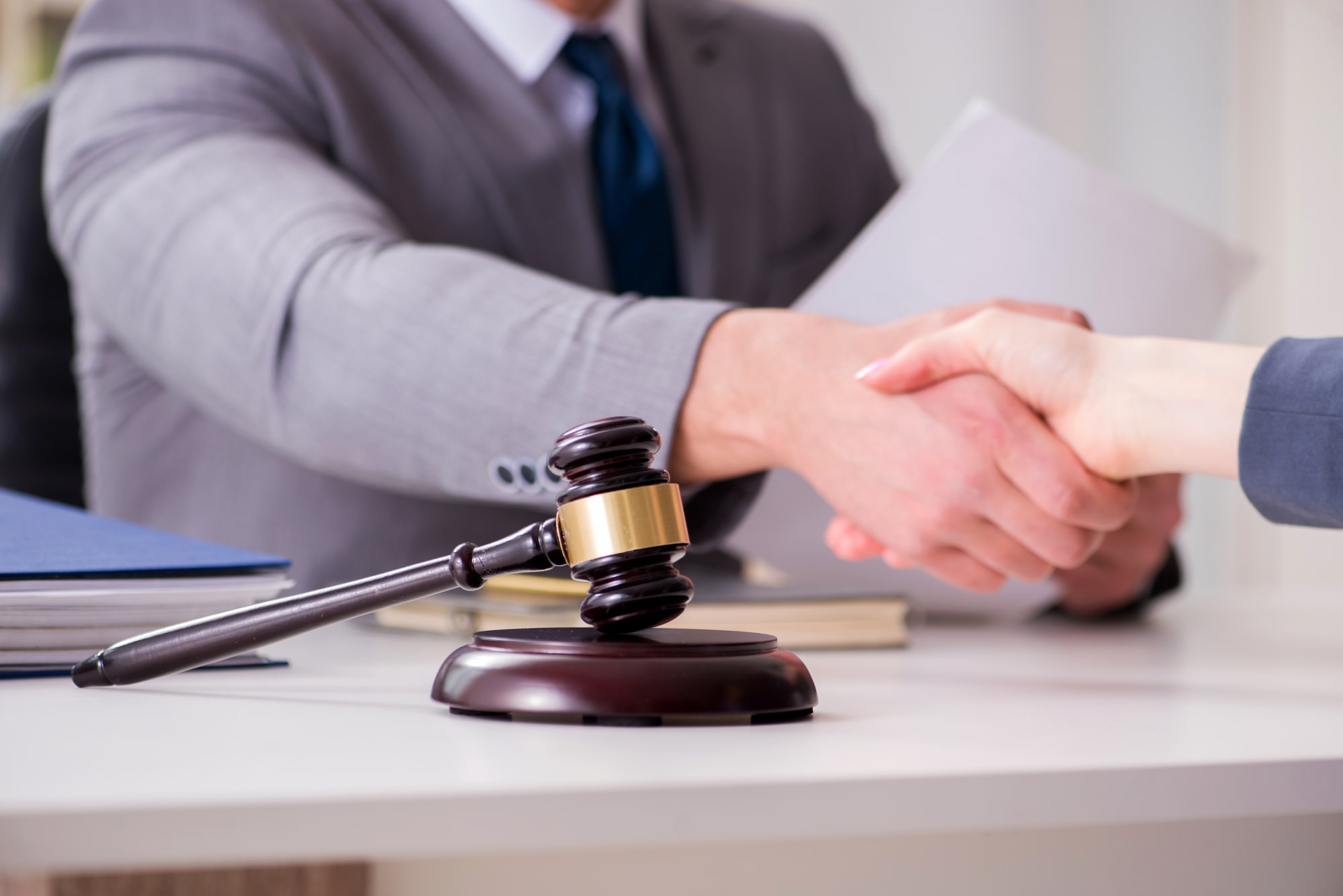
If you’ve witnessed fraud, safety violations, or other illegal conduct at work, you might be wondering whether you need ironclad proof before moving forward. The short answer is no. You don’t need a smoking gun to begin building a whistleblower case, but having some supporting information strengthens your position significantly.
At Eric Siegel Law, we help employees understand their rights and guide them through the process of reporting wrongdoing. Many people hesitate to come forward because they think their evidence isn’t strong enough. That’s a misconception we’d like to clear up.
Understanding What Counts As Evidence
When we talk about proof in whistleblower cases, we’re referring to information that reasonably suggests illegal or unethical activity is occurring. This doesn’t mean you need to have every detail figured out or possess definitive documentation. What matters is that you have a good-faith belief that wrongdoing has occurred and some basis for that belief.
Evidence can take many forms:
- Emails or internal communications discussing questionable practices
- Financial records showing irregularities
- Photos or videos of safety violations
- Witness statements from coworkers
- Company policies that are being ignored or violated
- Your own observations of illegal conduct
Even if your evidence feels incomplete, it may be sufficient to launch an investigation. Government agencies and qui tam attorneys have the resources to conduct thorough investigations once they understand the nature of the alleged fraud.
The “Reasonable Belief” Standard
Most whistleblower protection laws don’t require absolute certainty. Instead, they protect employees who have a reasonable belief that violations are taking place. This is an important distinction. You’re not expected to conduct a full investigation on your own or prove your case beyond a reasonable doubt.
A Washington DC whistleblower lawyer can help you assess whether your concerns meet this threshold. We review what you know, identify gaps in information, and determine the best path forward. Sometimes that means gathering more documentation before filing. Other times, it means moving quickly to preserve evidence or protect your rights.
When To Start Documenting
The best time to start documenting is as soon as you suspect something is wrong. Keep detailed notes about what you’ve observed, including dates, times, people involved, and specific actions taken. Save relevant emails and files in a secure location outside your work computer. If you’re concerned about accessing certain documents, talk to an attorney before taking any action that could be viewed as unauthorized.
Remember that you don’t need to wait until you have perfect documentation to seek legal advice. In fact, consulting with a Washington DC whistleblower lawyer early can help you understand what evidence will be most useful and how to gather it safely and legally.
Different Types Of Whistleblower Cases Have Different Requirements
The amount and type of proof you need can vary depending on the nature of your case. False Claims Act cases, for example, typically require specific information about fraudulent billing or contract violations. Under the False Claims Act, you’ll need enough detail to demonstrate that fraud against the government occurred.
Environmental violations, securities fraud, and workplace safety issues each have their own standards. Some laws require that you first report internally to your employer. Others allow you to go directly to a government agency. Understanding these nuances is where legal guidance becomes valuable.
What Happens If Your Proof Is Limited?
Having limited evidence doesn’t automatically disqualify you from protection or from filing a claim. Many successful whistleblower cases start with a single concerning document or observation that leads to a broader investigation. Government investigators have subpoena power and forensic tools that can uncover additional evidence you couldn’t access on your own.
What’s more important than having exhaustive proof is making sure your disclosure is made in good faith and through proper channels. Frivolous or malicious reports aren’t protected, but genuine concerns based on reasonable suspicion are.
Taking The First Step
If you’re uncertain about whether you have enough information to move forward, the first step is to talk with someone who handles these cases regularly. We can review what you know, explain your options, and help you decide on the right timing for any disclosure.
Building a whistleblower case doesn’t require you to be an investigator or a lawyer. It requires courage to speak up when you see something wrong and the willingness to work with professionals who can help you navigate the process. Whether you’re just beginning to notice red flags or you’ve been documenting issues for months, reaching out for guidance is the right move.
